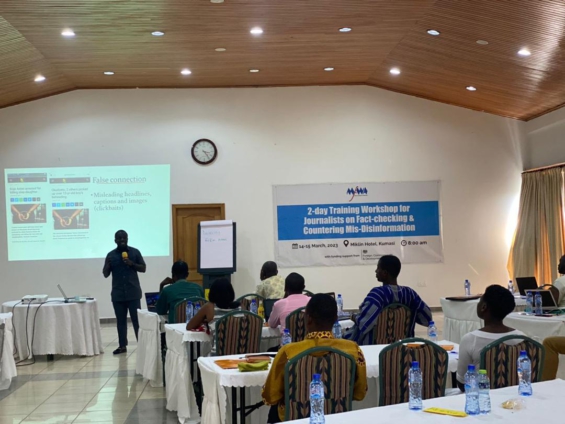Media professionals have been urged not to discard information shared on social media.
The expert want pressmen to take advantage to reflect on the content, call out falsehoods, and fact-check them.
According to Kwaku Krobea Asante, Fact-Check Lead at Media Foundation for West Africa (MFWA), while cases of misinformation, disinformation and mal-information would continue to exist, media practitioners could help change the narrative.
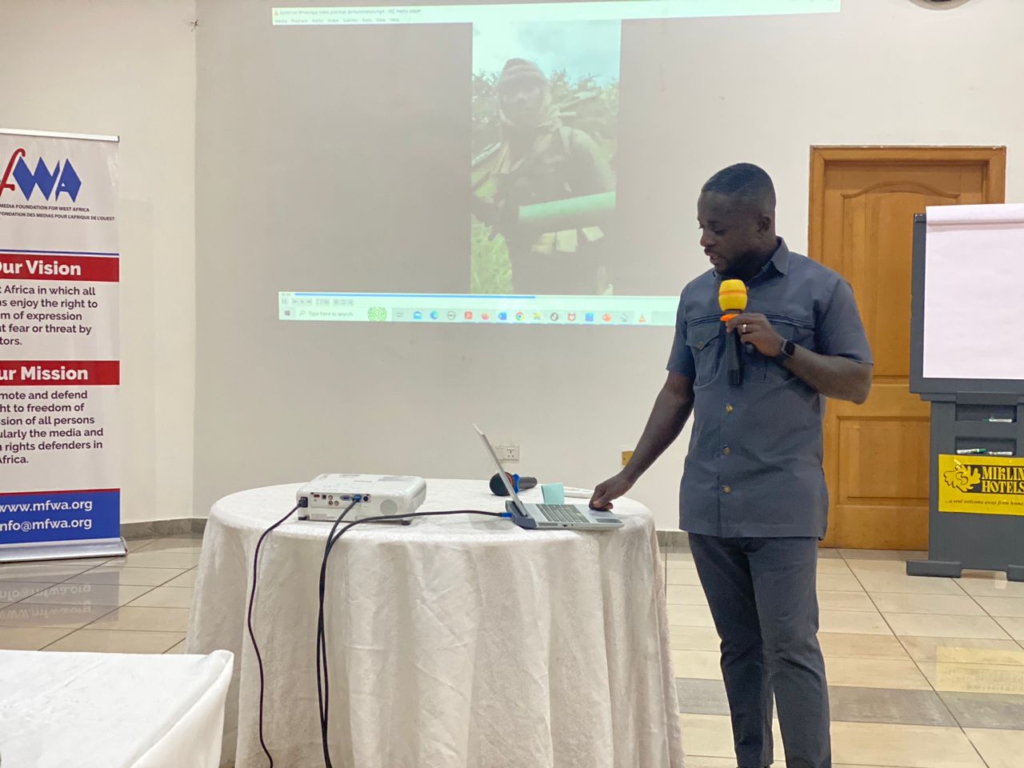
He was speaking at a two-day training workshop on fact-checking and countering misinformation for 25 media practitioners in Kumasi.
According to the website, Statista 2020, the global economic damage caused by the dissemination of false news in the financial, political, and healthcare sectors is around 78 billion dollars.
The actual loss, however, is the sensation of general confusion generated by a steady flow of disinformation.
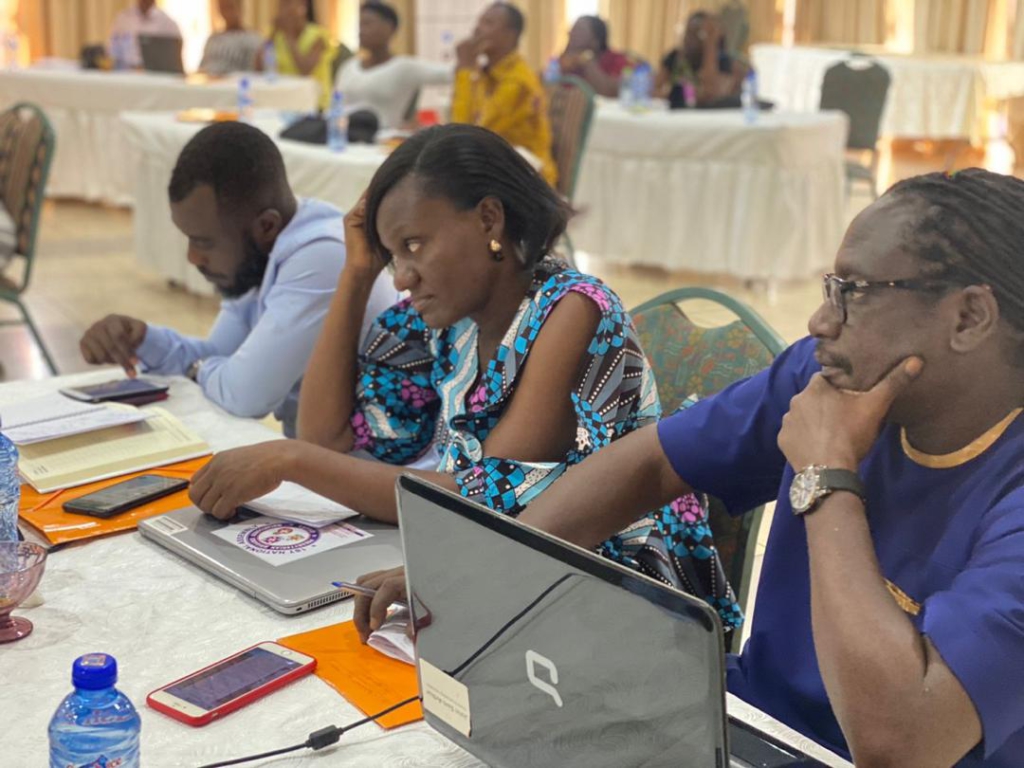
Some Ghanaians are questioning the relevance of social media, which is seen as the least dependable source of information and fake news.
According to Statista, confidence in conventional media is also dropping, with 53% of respondents believing it to be trustworthy.
Kwaku Krobea emphasized the significance of gathering information in the proper manner, utilizing unique verification methods including, fact-checking, verifying sources and checking the author.
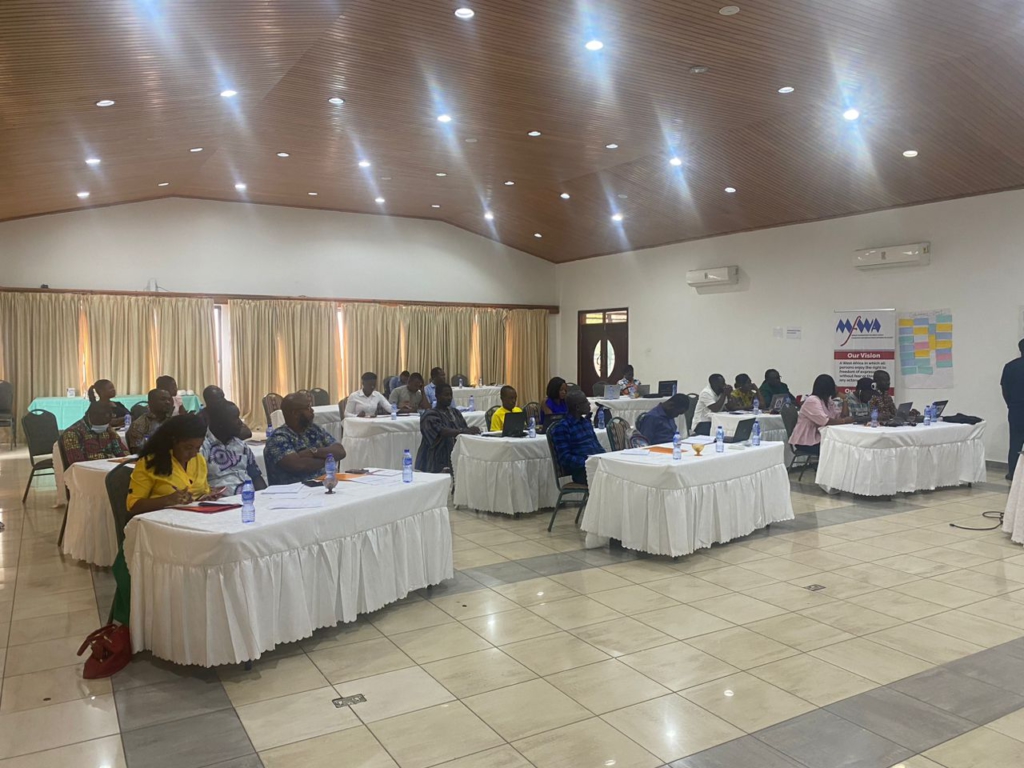
He emphasized social media platforms are particularly fertile ground for the spread of fake news – the ease with which fake news can be circulated, as well as the impunity for those who share it, are just a few of the factors that make social media platforms particularly dangerous and difficult to manage.
The Media Foundation for West Africa is working to enhance the region's media landscape by countering misinformation and propagandist narratives via media capacity building, fact-checking, and media campaigns.
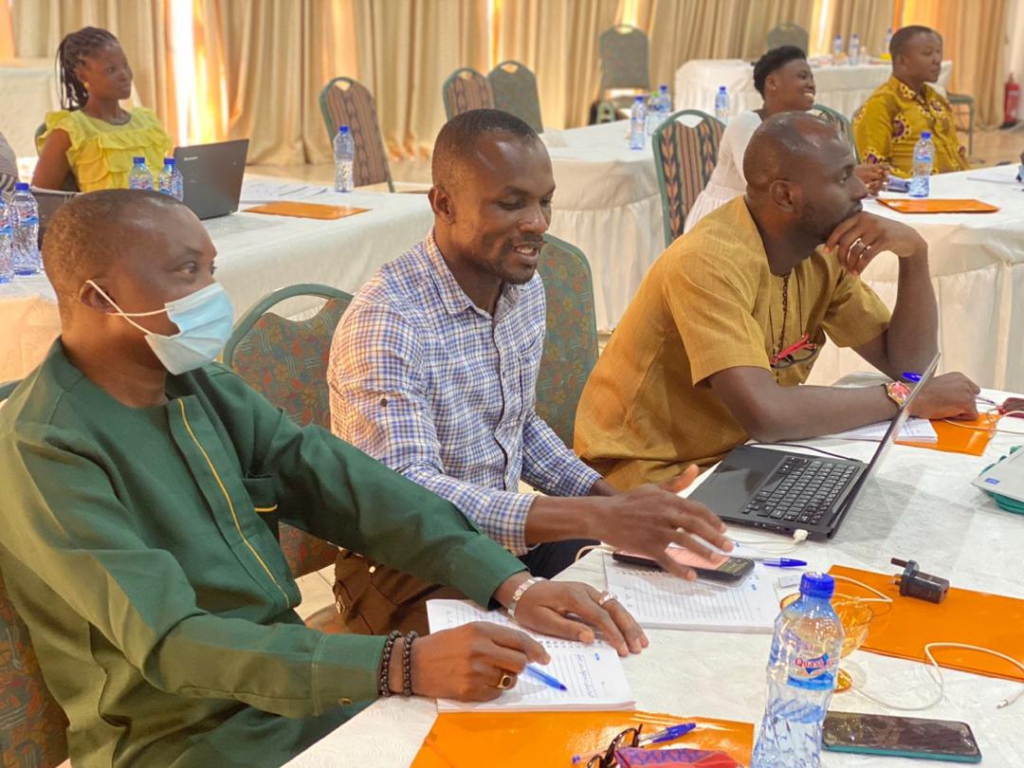
Participants were taken through Google reverse image search, pandex.com, tineeye.com and image-edited websites photos facts-checking to be able to verify and confirm the authenticity of photos shared on social media to inform, misinform or disinform the public.
Kwaku said it was necessary for the media practitioners to use these websites for their greater digital well-being, and to exercise their critical thinking
Latest Stories
-
Attorney General Ayine won’t trade law for pressure – Deputy AG defends integrity of prosecutions
34 minutes -
Attorney General Ayine won’t prosecute without evidence – Deputy AG Srem Sai assures
1 hour -
Mahama to build Trauma and Emergency Centre in Walewale, leaves Bawumia-started project in limbo
2 hours -
Withdraw Dumsor Levy now, postponement isn’t enough – Minority Leader
2 hours -
Trump directs ICE to expand deportations in Democratic-run cities, undeterred by protests
2 hours -
MI6 appoints first female chief in 116-year history
3 hours -
Kenyan blogger’s wife seeks answers after his death in police custody
3 hours -
Gunmen kill at least 100 people in Nigeria’s Benue state, Amnesty International says
3 hours -
Ivory Coast workers say Unilever is violating their union rights amid share sale, documents show
3 hours -
Trump floats plan for undocumented farm and hotel workers to work legally in the U.S.
3 hours -
South Africa stocks suffer $3.7bn losing streak from foreign investors
4 hours -
Mahama orders military to secure Bolga-Bawku-Pulmakom road
4 hours -
Nigerian President Tinubu’s pardon of ‘Ogoni Nine’ draws ethnic group’s rejection
4 hours -
Senior Kenyan policeman arrested over death of blogger in custody
4 hours -
Egypt deports dozens more foreign nationals heading for march to Gaza
4 hours

